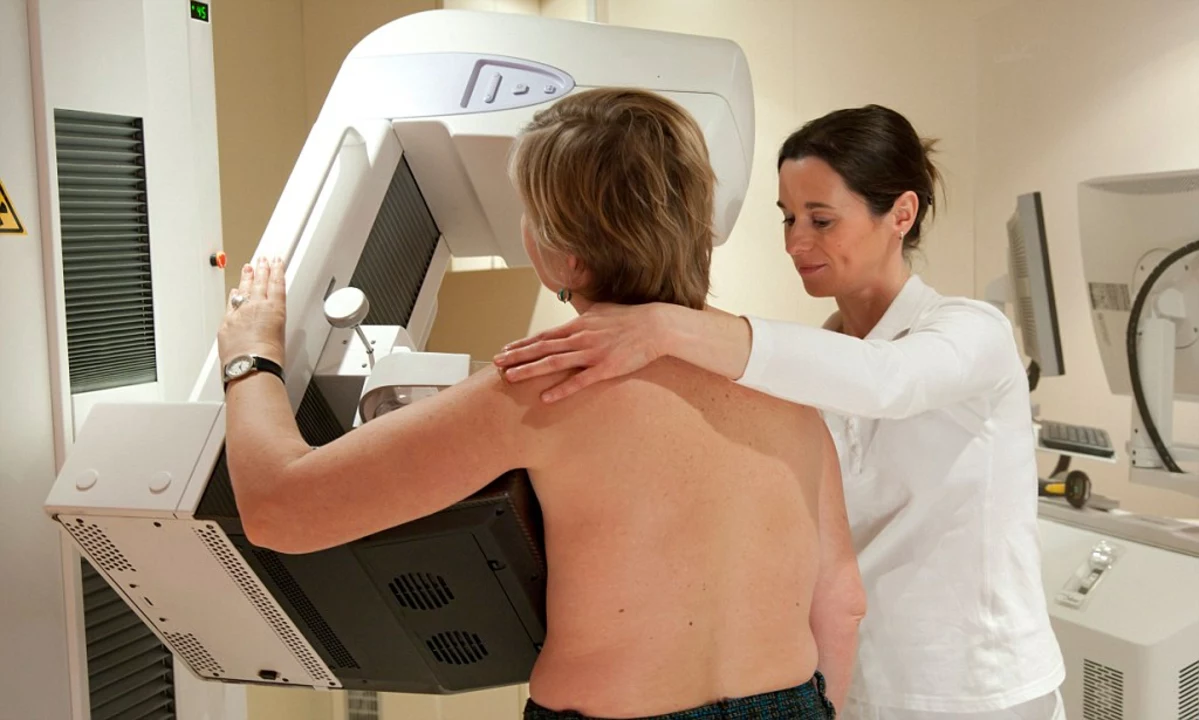Metastatic Breast Cancer – What You Need to Know
If you or a loved one has been told the cancer has spread beyond the original tumor, you’ve probably heard the term "metastatic breast cancer." It’s a scary phrase, but knowing the facts can make it less overwhelming. This guide breaks down the basics, shows you what to expect, and points you toward real‑world help.
Understanding the Diagnosis
Metastatic breast cancer (sometimes called stage IV) means cancer cells have traveled from the breast to other parts of the body—usually bone, liver, lungs or brain. Doctors confirm it with scans such as CT, PET or MRI and sometimes a biopsy of the new site. The spread doesn’t mean treatment stops; it just shifts the focus to controlling growth and keeping quality of life high.
Symptoms vary by where the cancer lands. Bone involvement often brings pain or fractures, liver spread can cause abdominal swelling or jaundice, lung mets may lead to coughing or shortness of breath, and brain lesions might trigger headaches or vision changes. If you notice any new, persistent issues, call your oncologist right away.
Treatment Choices and Managing Side Effects
Because the disease is advanced, doctors use a mix of systemic therapies—treatments that travel through the bloodstream to reach every cancer cell. Hormone therapy works if the tumor still responds to estrogen or progesterone blockers. Targeted drugs hit specific genetic mutations like HER‑2 or PIK3CA. Immunotherapy can boost your immune system to recognize and attack cancer cells.
Chemotherapy remains a staple, especially when fast shrinkage is needed. It can cause fatigue, nausea, hair loss, or low blood counts, but supportive meds (anti‑nausea pills, growth factors) help manage these effects. Radiation is useful for painful bone spots or brain lesions, providing quick relief.
Clinical trials are another realistic option. Many new drugs are tested on metastatic patients first because they need real‑world data. Ask your doctor about ongoing studies that match your tumor’s profile—you could get cutting‑edge treatment while helping future patients.
Coping Strategies and Support Resources
Living with metastatic breast cancer is as much a mental challenge as a physical one. Building a support network can make a huge difference. Join online forums, local survivor groups, or counseling services that specialize in oncology. Sharing experiences often uncovers practical tips you won’t find in medical journals.
Staying active at a level you can handle—light walks, yoga, or gentle stretching—helps keep energy up and reduces treatment‑related fatigue. Nutrition matters too; aim for balanced meals rich in protein, fiber, and antioxidants. Small changes like adding berries or leafy greens can boost overall well‑being.
Finally, keep a simple log of symptoms, medication side effects, and questions for each doctor visit. A clear record saves time and ensures you don’t miss important details when discussing next steps.
Metastatic breast cancer is a lifelong journey, but with the right information, treatment plan, and support system, many people continue to live full, active lives. Keep asking questions, stay connected, and remember that each day brings new options in research and care.


